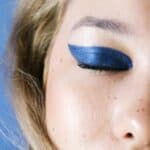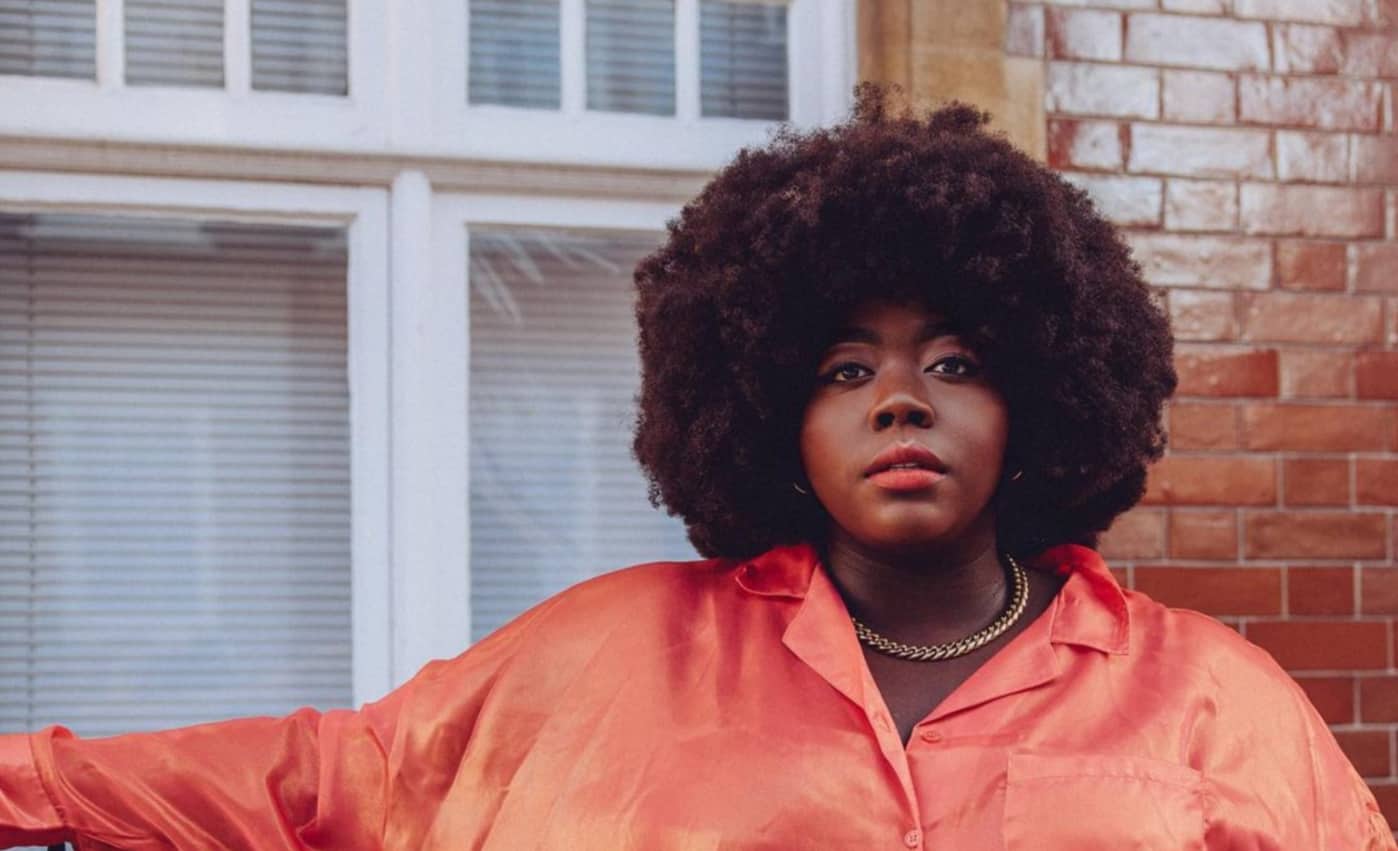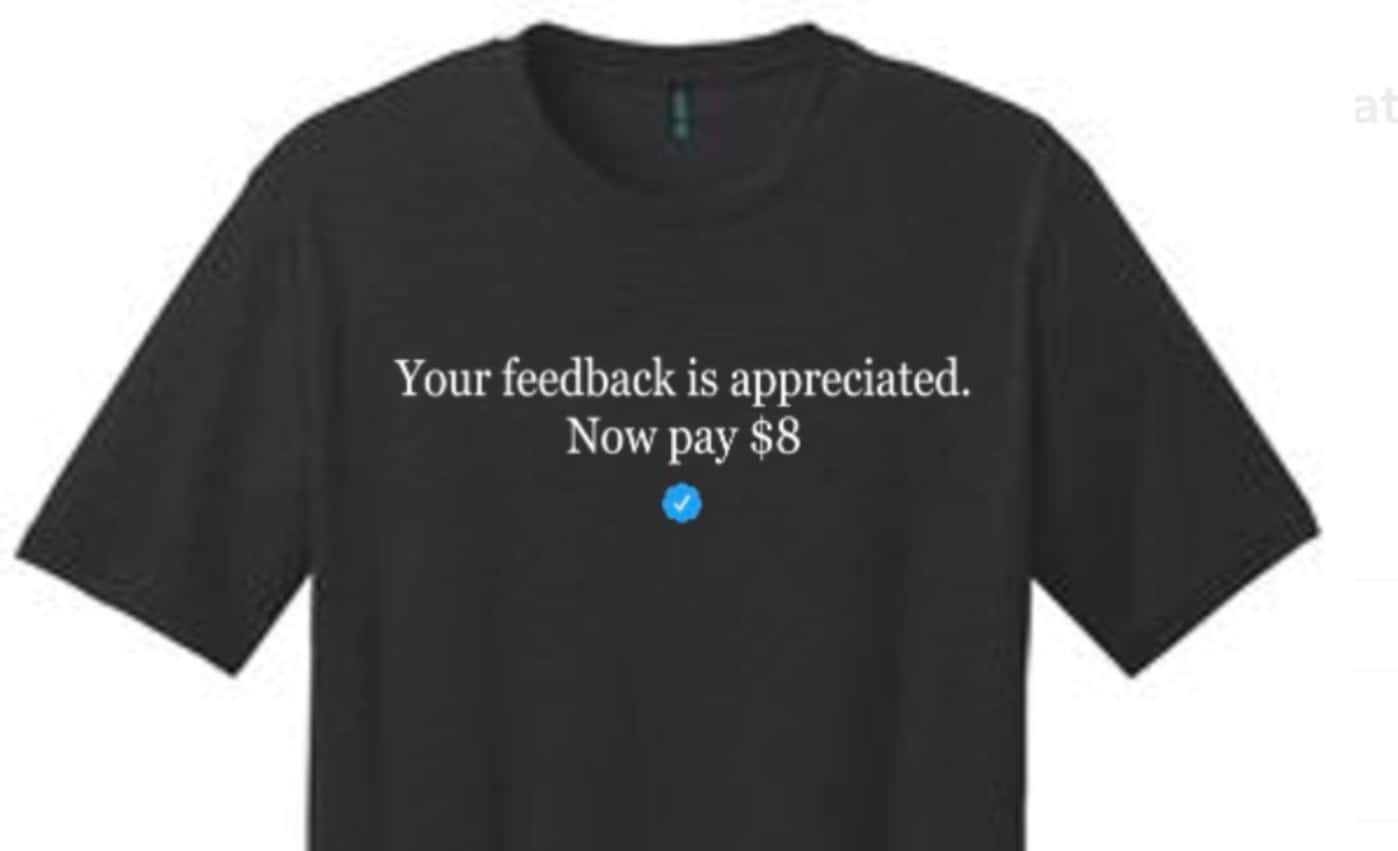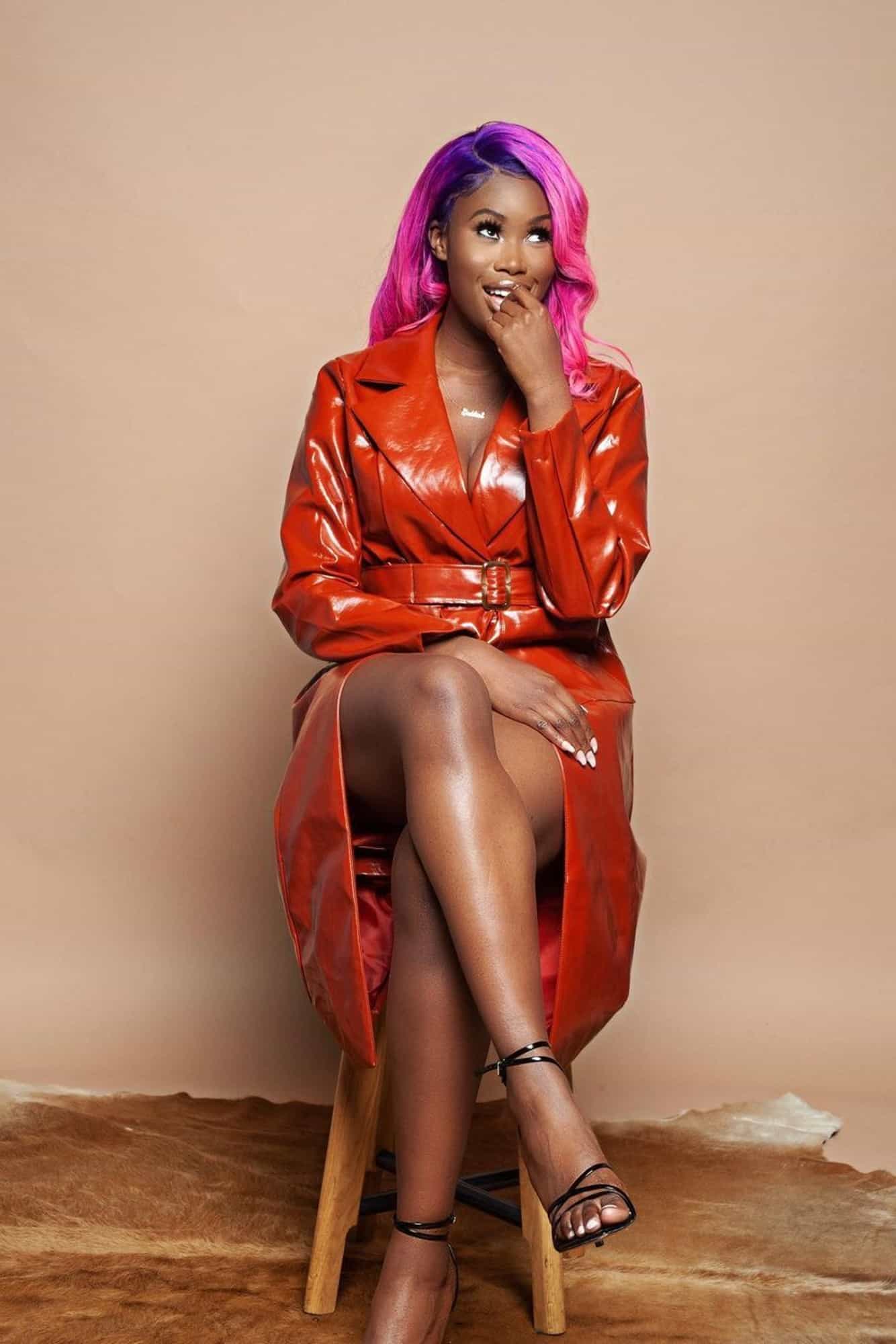Twitter was once the go-to social media platform for conversation, breaking news and viral trends but it has seen a huge slide in popularity in recent years – could the successful launch of Meta’s rival app Threads spark a mass exodus from the site?
Twitter launched in 2006 and, after a slow start, began to attract users from all over the world who wanted to chat to new connections about their favourite things and share their opinions about current events, with a peak of 368.4 million monthly active users worldwide in December 2022.
Digital creator Stephanie Yeboah was one of the early adopters and tells CORQ she remains active on the platform to this day because of the friends she made along the way – the best of Twitter has always been its people.
Key takeaways:
- Twitter is known for its breaking news, politics, pop culture commentary and lively meme culture
- However, in recent years and particularly during Elon Musk’s tenure as CEO, it has transformed into a space that many find toxic and harmful
- “Twitter rival app” Threads launched on 6 July to great success, attracting 100 million signups in under five days
- Musk considers it a strong competitor and has already made steps to challenge it, from threatening legal action to censoring mentions of Threads on Twitter
- Creators Stephanie Yeboah and Daisy Buchanan share with CORQ their thoughts on Twitter’s pros and cons and first opinions on “wholesome” Threads
- PrettyLittleThing says both platforms have their issues but the new site marks an exciting opportunity
From pop culture fanatics to breaking newshounds and comedy writers, Twitter has long been the place to be, with its attention-grabbing trending topics and searchable hashtags.
However, since Elon Musk acquired Twitter in 2022 (serving as CEO until June 2023, when Linda Yaccarino took over the role) both the atmosphere and usability of the site have been damaged – for some, irreparably so.
According to the chief of internet services company Cloudflare, Twitter’s popularity has been in decline since early 2023, not long after Musk’s takeover.
Musk reinstated a number of previously banned accounts, including that of former US president Donald Trump (who declined to rejoin the platform), reduced the size of Twitter’s content moderation team and replaced it with a new Community Notes feature, and stripped the platform’s hate speech policies. The algorithm has also been called out for prioritising right-wing commentators and Musk’s own content.
He removed the blue checkmark “verified” programme widely used by celebrities, public figures and journalists and replaced it with the paid-for Twitter Blue subscription, a move which has been widely criticised for authentication dangers.
Last month, Twitter blocked unregistered users from viewing tweets or profiles on the platform and implemented a “temporary” limit on the amount of Tweets a user can see each day, with verified users being offered ten times the amount.
For influencers, the platform has never been number one for income generation – though Musk did recently announce verified content creators would receive payment for ads in their replies – but increasingly it has become one where some people don’t feel comfortable posting at all.
As LGBTQIA+ advocate Ben Pechey recently told CORQ: “We [Pechey and their team] don’t publish work on Twitter anymore, it’s a hellscape.”
You may also like
Twitter “worst platform” for trolling
Stephanie Yeboah (Twitter followers: 49K, Instagram followers: 233K) first joined Twitter in 2006 to follow and interact with public figures she admired. Over the years, she gained a sense of community and used the app to make friends, network and build her career.
But these days, Yeboah says, it’s hard to deny that it has become a very volatile space with a toxic atmosphere and people able to voice all manner of abusive opinions without consequences.
“I used to use Twitter a lot, mainly to promote my work but during lockdown in 2020 my use of it really declined because I started to get trolled relentlessly,” Yeboah tells CORQ.
“Now I mostly use it to retweet funny posts or communicate with my friends.”
It remains a great information source, she says, especially for sharing important news and getting attention and publicity for things as quickly as possible. It has also been key for helping shows such as Love Island and Succession go viral, with its platform for widespread discussions and hashtags, while additions such as Spaces have been good for community-building.
“But security-wise and in terms of monitoring abusive behaviour, it’s just not strong enough,” she says.
“Words like the N-word aren’t automatically filtered and if you submit a report for abusive content it takes months for Twitter to reply, just to say it’s not taking any action. It’s definitely the worst platform for trolling and hate comments.”
At the moment, Yeboah has no plans to ditch the site entirely – mainly because of the connections and friendships she has fostered there and the fun it can provide when it’s at its best – but she does have some strong thoughts on what Twitter needs to do next.
“Get rid of Elon Musk, get rid of Twitter Blue, bring back blue ticks for verification purposes and continue to ban the Donald Trumps of the world.”
Author and podcaster Daisy Buchanan (Twitter followers: 42K) signed up to Twitter in 2009, mainly to keep up with what celebrities were saying as part of her job at a magazine and subsequently to share her own work. She used it heavily from 2011 to 2020 until the difficult news cycle of the pandemic became overwhelming and she took a step back.
“Twitter is at its best when it’s funny – I want to see jokes and make jokes. I love tweeting and reading Tweets during Strictly,” Buchanan tells CORQ.
“Any breaking news that’s vaguely silly or scandalous is hugely enjoyable on Twitter but it’s becoming increasingly distressing and uncomfortable when the news is devastating – I remember feeling really sad and freaked out by the way everyone seemed desperate to deliver their own hot take on the Grenfell disaster.”
Buchanan says Twitter remains useful to her as a landing page for anyone trying to find out more about her or get in touch with work queries, to continue sharing her work and keeping up with big news events. Having a good following on the platform makes it hard to abandon completely, though the draw of it has lessened somewhat since losing blue tick verification status.
“My Twitter engagement has dropped off dramatically and I don’t feel excited to use it – it makes me feel anxious,” she says. “I imagine I’ll keep my account but I enjoy the user experience less and less.”
From a brand perspective, Beckie Turnbull, head of social at fashion retailer PrettyLittleThing (Twitter followers: 593K), tells CORQ she loves the reactive and real-time nature of the platform, being able to engage with the company’s audience and gain feedback to drive business decisions.
“The cons now are the restrictions being made to the platform on post view limit and verification removal, since the recent change in ownership, which I think has steered influencers away from using the platform,” she says.
“The bottom line to Twitter’s business seems to be more important than the community these days.”
Threads launches to huge success
It’s clear that Musk sees Meta’s new text-based app Threads as a fierce competitor. Hours after its launch, Twitter threatened to sue Meta and said it “intends to strictly enforce its intellectual property rights”.
And potentially for good reason – some analysts have predicted that in time Threads adverts could add 1% to 5% to Meta’s overall revenue, generating more than $6bn (£4.6bn), above the $4.5bn (£3.4bn) Twitter generated in 2021.
It’s one of a number of social media networks touted in recent years as alternatives to Twitter. However, the early signs suggest that unlike Bluesky, which has only just reached one million installs since launching in February and Mastodon, which has shed one million users since its peak, Threads could actually break through.
Threads launched on 6 July and was an instant sensation, reaching 100 million users in less than five days – a feat which took ChatGPT two months, TikTok nine months and Instagram 2.5 years.
Celebrities and creators such as Sarah Jessica Parker, Kim Kardashian, Demi Colleen and Lucy Dawson, and brands including Boohoo and Anthropologie were quick to join, with the latter gaining more than 130K followers in one day. US YouTuber MrBeast became the first person to reach one million followers on the app.
Entrepreneur Steven Bartlett has also gone on record saying he believes the app is going to be successful, unlike the shorter-lived popularity of platforms like Clubhouse and BeReal.
Threads has a sleek design, it’s intuitively connected to a user’s Instagram account and is extremely simple to set up. It is seemingly as addictive as every other social media platform that has come before it, and it has been described by users as a “wholesome place on the internet” – at odds to Twitter’s often combative atmosphere – where political and hard news conversation is discouraged. And, perhaps, most importantly, it’s something new to try and get excited about.
New users being able to automatically retain their Instagram followers and blue verification ticks, rather than having to start from scratch, is a big plus.
However, as CORQ has reported, that doesn’t necessarily make it entertaining to use or a threat to Twitter – at least, not yet.
Deleting your Threads account also deletes your Instagram account, there’s no desktop version, and it has launched without basic functionalities such as being able to search for posts and accessibility tools such as alt text, as disability activists have highlighted.
Others have labelled it “boring” and so far it has been overtaken by influencers and brands, despite there currently being no way to run ads or monetise content (this influx may be due to the early access guide shared with influencers before the launch) – and all this just to join yet another Meta-owned app.
The creators say…
For Yeboah, Threads marks a breath of fresh air – though she acknowledges it’s at the honeymoon stage, she says it has fast become the first app she checks each morning.
“It feels wholesome and pure and new. Twitter has this tense atmosphere so you have to be more guarded. Threads has a rawness similar to Instagram Stories, people are being a lot more honest on there and it feels more real and like people can relax and share their personalities,” she says.
“I think it could stick around because it’s so integrated with Instagram. I would like to add GIFs but I don’t want it to turn into a carbon copy of Twitter. I like that the feed’s not chronological and I don’t think it’s a good idea to monetise it or add loads of tech and features like video.”
Both Yeboah (who also joined Lemon8 and Spill just last week) and Buchanan are feeling the pressure of joining yet another app combined with the fear of missing out on the conversation.
“I would love to take some time away from social media for the sake of my mental health and now there’s a brand new thing to maintain with a professional presence, FOMO is raging,” Buchanan says.
“Threads is seductively easy, it feels like an Instagram extension but I did not love the random shouty chaos of seeing everything, everywhere all at once. It feels overwhelming.”
For the PLT social team, trying out a new platform has been a fun challenge and presents a new opportunity.
“We grew to 200K in under 24 hours and we’re now at more than 450K and there has been great engagement on the channel considering its infancy,” Turnbull says.
“The negative is the lack of analytics support behind it for adequate reporting and the lack of any automation or scheduling support. This is likely to change as it develops and we’re really excited to see this more organic version of a social platform come to light.”
By Lauren Harris, CORQ editor.










Using Threads one week on: Meta’s new app is entertaining but it’s no Twitter